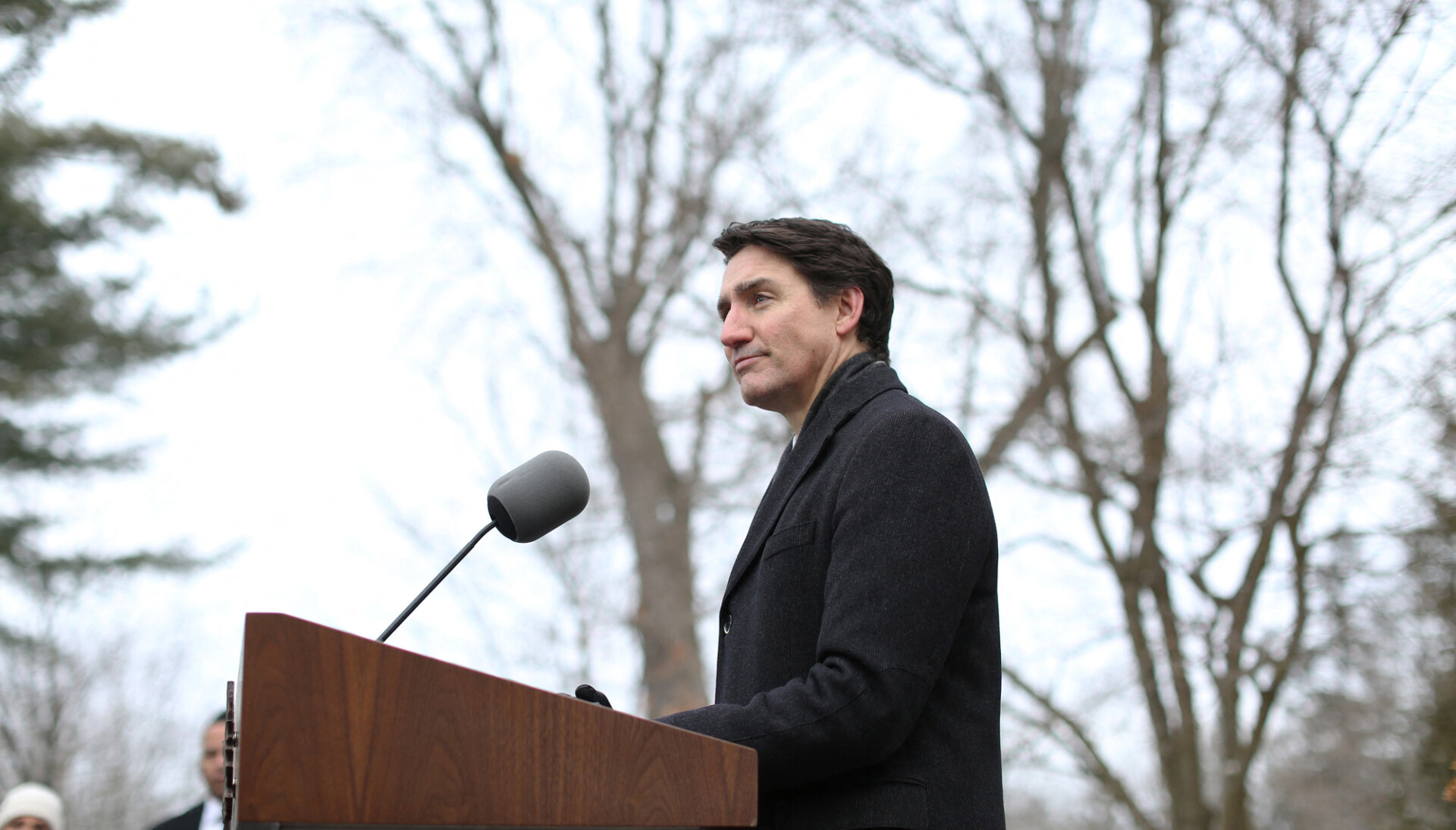Justin Trudeau has resigned as the Liberal Party Leader of Canada, paving the way for a new leader to take the battered party into a federal election. The news should come as little surprise after Trudeau’s popularity slumped from 65% in September 2016 to a mere 22% today.
The Prime Minister had been facing calls from within his own party to resign for weeks, with the Conservative opposition party putting forward three non-confidence votes in the past four months to try and topple the minority government. NDP leader Jagmeet Singh had propped the Liberals up since their win in 2021, but on the last day before the Christmas Break, Singh vowed to bring forward a motion of no-confidence and trigger an election after Parliament returned on 27 January, 2025. Add to that the recent resignation of Chrystia Freeland, Canada’s former finance minister, and it became clear that Trudeau’s position had become close to untenable.
Now, the question becomes: who will the Liberal Party choose as their next leader? Before he announced his resignation today, Trudeau was set to appear before a special Liberal caucus meeting on Wednesday where his disgruntled team was expected to pressure his resignation. Instead, this morning he asked the Governor General to prorogue Parliament until 24 March, which will put the House of Commons on hold while the Liberals select a new leader to steer the party into the next federal election.
Potential contenders for Trudeau’s job include Mark Carney, former governor of the Bank of Canada, Francois-Philippe Champagne, former minister of foreign affairs, and Chrystia Freeland who polls best among Liberal politicians. However, even with Freeland leading the party, the Liberals would still trail Pierre Poilievre’s Conservatives by 15 points.
Poilievre is widely expected to win the next federal election, with his party enjoying a historic 45% of support if an election were held today. He sat down with Jordan Peterson for a 90-minute podcast appearance last week, which garnered over two million views on YouTube. In it, Poilievre laid out his plans for Canada: investments in the energy sector, curbing sky-high immigration numbers, and reining in progressive-driven culture wars that saw Toronto’s Union Station overrun with pro-Palestine protests on New Year’s Eve.
On top of keeping his promise to get rid of the unpopular carbon tax, Poilievre also vowed not to go down the path of other conservative parties around the world, which ended up adopting neoliberal policies once they were in office. “This is the mistake that conservative parties around the world have made countless times,” he said to Peterson. “They think, ‘Well, anybody who’s got a conservative mindset is already voting for me so I can go off and chase the ideas of my political opponents and then everyone will love me because I’ll have the conservatives due to the fact I have the name “Conservative” and these other people because I’ve embraced their contrary direction.’”
Now, Poilievre will likely have the chance to suit his words to action sooner rather than later.











Join the discussion
Join like minded readers that support our journalism by becoming a paid subscriber
To join the discussion in the comments, become a paid subscriber.
Join like minded readers that support our journalism, read unlimited articles and enjoy other subscriber-only benefits.
Subscribe